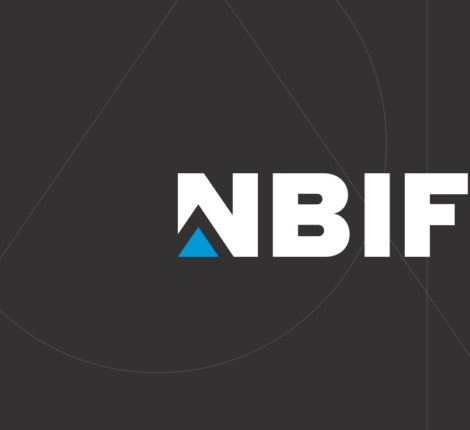- March 21, 2012
- Applied Research
- Comments : 0
‘Huge potential’ for anti-cancer drug
By Chris Morris – The Telegraph-Journal
A Moncton company has a drug that attacks and kills cancerous cells by cutting off their supply of calcium. And, after seven years of research and development, the firm recently partnered with two hospitals – one on the U.S. and one in Canada – that will begin human trials in May.
“We want to have the biggest impact we can with it,” says Paul Gunn, CEO of Soricimed BioPharma Inc. “We’re working with a hospital in the U.S. so we qualify under FDA and one in Canada so we qualify under Health Canada regulations.”
Although Soricimed can’t reveal the names of the hospitals because of a non-disclosure agreement, Gunn says he hopes to do so soon because they’re both good cancer centres that could have a “significant impact” on the company’s reputation.
Soricimed launched in 2005 with research the company’s chief scientific officer, Jack Stewart – who also serves as president of the board – had undertaken while he was a professor at Mount Allison University.
“He was working with the paralytic venom of a shrew,” Gunn says. The mole-like mammals “bite their prey and inject them with venom.”
Stewart thought the venom might have pain medication possibilities because of its paralytic qualities but as he was researching he discovered that the stuff that paralyzes the shrew’s prey – so it doesn’t move while being eaten – also has anti-cancer qualities.
“At this point, we had a potential cancer drug and a potential pain drug,” Gunn explains. “We knew we couldn’t carry both forward because we were small. We decided we’d let the science decide which would come first. After a couple of years, the cancer program was miles ahead of the pain program so we put the pain aside.”
The cancer drug works by targeting a calcium channel present in cancer cells. The calcium causes the cancer cells to grow rapidly. The drug plugs the flow of calcium into the cancer cell, allowing the cell to reset itself and ultimately self-destruct – as all healthy cells do. Since there’s very little calcium channelled to healthy cells, there’s no effect on them.
“It’s effective on the cancer cell without the side effects that come with chemotherapy,” Gunn says. “It’s really neat.”
Soricimed has gone through all the pre-clinical work and will start human trials in May. Alongside that research, the company is also wondering if it can determine how to identify these calcium-laced cells with a blood test and therefore develop a cancer biomarker or diagnostic around it.
“We started to look at this calcium channel – the technical name is TRPV6,” Gunn explains. “We were able to bring it down to a blood test where we can detect the level of TRPV6 in a person’s blood – so if it’s there, you have cancer. If it’s not, you don’t.”
The company is focusing on breast, ovarian and prostate cancers but Gunn says the presence of TRPV6 appears to be in 80 per cent of all cancers.
“We think that in the long term, it’s got a pretty broad applicability,” he says, cautioning, however that at this point, it’s still experimental. At some point, he hopes it becomes as simple as a blood test ordered by a family doctor.
“It’s a huge potential market for us,” he says. “It’s more specific than PSA. It could augment or replace it. There’s nothing out there for the early detection of ovarian cancer so it would give a huge amount of hope. If you can detect ovarian cancer in the early stages, you’ve got a much better chance of controlling and living with it instead of it being a death sentence.”
At this point, the company is pre-revenue with a goal of taking its drug to the end of phase one and then doing a co-development deal with a large pharmaceutical.
“Typically, you get through your first phase of human trial and then they become very interested,” Gunn says.
The third part of its business, one that’s been waiting in the wings, is a drug-delivery system. It will become more prominent if the company succeeds in its bid to win the New Brunswick Innovation Foundation’s R3 Innovation Challenge, which invited proposals from across the province. Two of the five finalists will be awarded with $50,000 in research and development funding tonight at the Fredericton Convention Centre.
For Soricimed, this latest project began when it took its drug, attached a fluorescent tag and then injected it into a mouse with a human cancer tumour. The drug went straight to the tumour. So, they reason, if they can use a small amount of their drug, attach a conventional chemo drug to it and have it go straight to the cancer, they might be able to use less of the chemo drug, giving patients fewer side effects.
“We want to work with a medicinal chemist and take one of the current breast-cancer drugs, attach it to our drug and show that it can be effective on cancer cells,” Gunn says.
“What we end up with is a new chemical entity that most likely will be patentable. We kind of give life to an old drug by repurposing it.”
That would prove they have an effective drug-delivery system that might work with other drugs.

